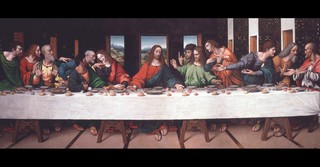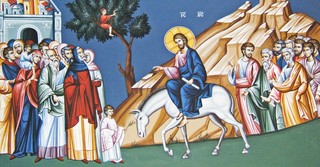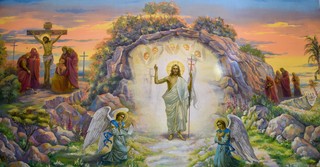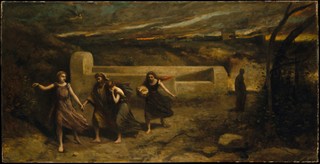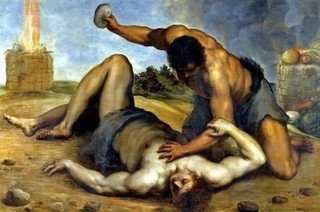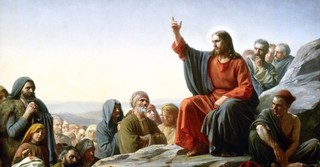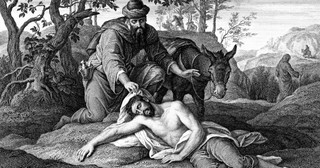Bible Story of Job
Share
.800w.tn.jpg)
Story of Job in the Bible
In this Bible story from the book of Job, there is a wealthy man named Job residing in an area called Uz with his extended family and vast flocks. He is “blameless” and “upright,” constantly mindful to live in a righteous manner (Job 1:1). God mentions Job to Satan saying, "There is no one on earth like him; he is blameless and upright, a man who fears God and shuns evil.” However, Satan contends that Job is only righteous because God has favored him generously. Satan dares God that, if given the approval to inflict suffering, Job will change and curse God. God permits Satan to abuse Job to experiment with this brazen claim, but he forbids Satan to take Job’s life in the manner.
The Tribulations of Job
Over the time of one day, Job is given four reports, each informing him that his sheep, servants, and ten children have all died due to thieving intruders or natural disasters. Job rips his clothes and shaves his head in sorrow, yet he still praises God in his prayers. Satan arrives in heaven again, and God allows him another opportunity to test Job. This time, Job is distressed with terrible skin sores. His wife urges him to denounce God and to give up and die, but Job protests, trying to endure his inflictions.
Three of Job’s companions, Eliphaz, Bildad, and Zophar, arrive to comfort him, sitting with Job in silence for seven days out of reverence for his grieving. On the seventh day, Job talks, starting a discussion in which each of the four men shares his reflections on Job’s troubles in poetic descriptions.
Job damns the day he was born, relating life and death to light and darkness. He hopes that his birth had been obscured in darkness and desires to have never been born, believing that life only increases his suffering. Eliphaz replies that Job, who has comforted other people, now reveals that he never actually knew their pain. Eliphaz concludes that Job’s pain must be due to some sin Job has acted, and he recommends Job to seek God’s favor. Bildad and Zophar agree that Job must have performed evil to provoke God’s justice and argue that he should attempt to manifest more innocent behavior. Bildad supposes that Job’s children brought their deaths upon themselves. Even worse, Zophar suggests that whatever wrongdoing Job has done he likely deserves more suffering than what he has experienced.
Job Contemplates the Mystery of God
Job reacts to each of these remarks, becoming so angry that he calls his sympathizers “worthless physicians” who “whitewash [their help] with lies” (Job 13:4). He questions why God judges people by their deeds if God can just as easily change or forgive their behavior. It is confusing to Job how a human can truly satisfy God’s justice as his ways are mysterious and exceed human comprehension. Furthermore, humans cannot possibly convince God with their words. God cannot be fooled, and Job confesses that he does not even know himself well enough to adequately defend his case to God. Job desires for someone who can mediate between himself and God, or be sent to Sheol, the dark space of the dead.
Job believes that there is a “witness” or a “Redeemer” in heaven who will testify for his integrity (Job 16:19, Job 19:25). The suffering shows too much for Job, and he turns bitter, anxious, and scared. He deplores the injustice that God lets evil people thrive while he and many other honest people suffer. Job wants to face God and protest, but cannot physically find God. He assumes that wisdom is concealed from humans, but he decides to persevere in seeking wisdom by fearing God and evading evil.
God Consoles Job
God eventually intervenes, commanding Job to be brave, and explains various detailed features of his creation. Overcome by the appearance of God, Job recognizes God’s infinite power and accepts the constraints of his human understanding. This response pleases God, but he is upset with Eliphaz, Bildad, and Zophar for emitting lousy advice. Job reconciles on their behalf, and God forgives them. God then restores Job’s health, granting him twice as much property as before, new children, and a remarkably long life. In the end, Job never completely gave up hope or faith in God as an inspiration to everyone enduring suffering of their own.
Read scripture text about the Bible story of Job and find related articles, podcasts, and sermons below!







